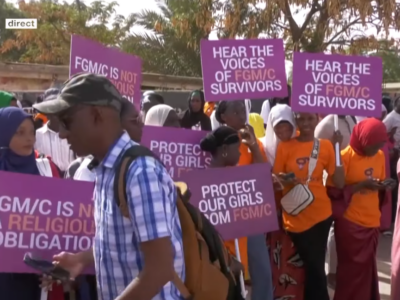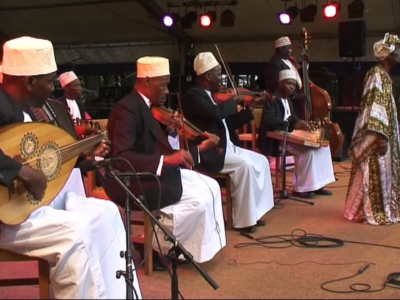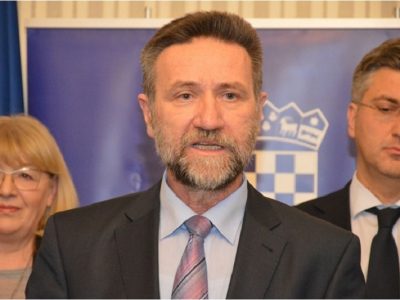David K. Deng argumenta que la Unión Africana está fracasando en Sudán del Sur luego de decidir que la Comisión de investigación sobre Sudán del Sur (AUCISS) no debe dar a conocer su informe:
On the evening of 29 January, African heads of state gathered in Addis Ababa for a meeting of the African Union Peace and Security Council (AUPSC). Among the items on the agenda was a presentation by the chairperson of the African Union Commission of Inquiry on South Sudan (AUCISS), former Nigerian president, Olusegun Obasanjo. More than a year after the African Union (AU) announced its investigation into violations of international human rights and humanitarian law in South Sudan, the AUCISS was set to formally present its final report to the AUPSC.
Instead of Obasanjo, however, the Ethiopian Prime Minister, Hailemariam Desalegn, who doubles as the chairperson of the Intergovernmental Authority on Development (IGAD), walked to the podium and raised a motion to defer consideration and publication of the AUCISS report until peace is achieved, saying that it would jeopardise the ongoing IGAD-led peace process. President Jacob Zuma of South Africa seconded the motion, followed by President Yoweri Museveni of Uganda. With that, the matter was closed and a public release of the AUCISS report was put off indefinitely.
The AUPSC’s decision not to publish the AUCISS report casts doubt on the prospects for justice and accountability in South Sudan. It also raises questions as to whether the AU and IGAD are genuinely committed to ending the impunity that they themselves acknowledge to be a driver of violence in the country.
The AUCISS was formed in December 2013 with a mandate to “investigate the human rights violations and other abuses committed during the armed conflict in South Sudan and make recommendations on the best ways and means to ensure accountability, reconciliation and healing among all South Sudanese communities.” Over the course of six months, from March to September 2014, the AUCISS interviewed hundreds of South Sudanese across the country and in the diaspora. Rumor has it that the report provides a detailed account of war crimes and crimes against humanity perpetrated by all sides in the South Sudanese conflict. It is even said to include a list of people responsible for atrocities, including senior figures from both sides.
En la tarde del 29 de enero 2015 los jefes de estado africanos se reunieron en Adís Abeba para una reunión del Consejo de paz y seguridad de la Unión africana (AUPSC). Uno de los temas de la agenda consideraba la presentación del jefe de la Comisión africana de investigación sobre Sudán del Sur (AUCISS), el ex presidente nigeriano Olusegun Obasanjo. Mas de un año después que la Unión Africana (AU) anunciara la investigación sobre las violaciones de los derechos humanos internacionales y el derecho humanitario en Sudán del Sur el AUCISS fue creado para presentar su informe final sobre el AUPSC.
Sin embargo en lugar de Obasanjo, fue el Primer ministro etiope Hailemariam Desalegn, quien reemplaza a la autoridad Intergubernamental de desarrollo (IGAD), quien se dirigió al podio y presentó una moción para aplazar el examen y la publicación del informe hasta que se logre la paz diciendo que podría poner en peligro el proceso de paz en curso dirigido por la IGAD. El presidente Jacob Zuma de Sudáfrica apoyó la moción seguido del presidente Yoweri Museveni de Uganda. Con eso el asunto quedó cerrado y la difusión pública del informe AUCISS fué aplazada indefinidamente.
La decisión de AUPSC de no publicar el informe AUCISS pone en duda las perspectivas para la justicia y la rendición de cuentas en Sudán del Sur. También plantea preguntas a la AU y a la IGAD si tienen la sincera voluntad de poner fin a la impunidad que ellos mismos reconocen que es la conductora de la violencia en el país.
El AUCISS fue creado en diciembre 2013 con el mandato de «investigar las violaciones de los derechos humanos y otros abusos cometidos durante el conflicto armado en Sudán del Sur y hace recomendaciones sobre las mejores maneras y medios de asegurar la reconciliación, la rendición de cuentas y la sanación de todas las comunidades de Sudán del Sur.” En el transcurso de seis meses, de marzo a setiembre 2014, el AUCISS entrevistó a cientos de sudaneses del Sur en todo el país y de la diáspora. Se rumorea que el informe entrega un relato detallado de los crímenes de guerra y crímenes contra la humanidad perpetrados por todas las facciones del conflicto Sur sudanés. Se dice incluso que incluye una lista de las personas responsables de las atrocidades incluyendo figuras prominentes de ambas partes.






